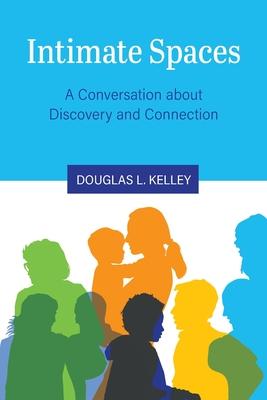Intimate Spaces: A Conversation about Discovery and Connection provides readers the opportunity to discuss, muse, ponder, and explore an essential part of the human experience--intimacy. The book provides a rich, full perspective on intimacy, highlighting its presence in a range of relationships, identifying challenges that can impede its development, and presenting social science research to foster greater understanding.
The book features a variety of viewpoints on intimacy, including examples of how it can emerge through talk, play, grief, forgiveness, conflict, and sex. The text features three conversations, or parts, that encourage engagement, participation, and reflection. The first conversation explores the nature of intimacy, examining relational closeness, why intimacy is a significant aspect of life, and how it can act as an agent of transformation within relationships. The second conversation examines common perspectives that can limit personal and relational experience and dispels common myths about intimacy. The final conversation illuminates unexpected spaces for intimacy to emerge and surprising ways to be intimate in personal relationships.
Developed to broaden readers' understanding of this critical aspect of personal relationships, Intimate Spaces is an ideal text for relationship-based courses and all those interested in developing their understanding of this essential facet of interpersonal communication.
Douglas L. Kelley (Ph.D., University of Arizona) is professor of communication in the New College of Interdisciplinary Arts and Sciences and a Lincoln Professor of Applied Ethics at Arizona State University. Dr. Kelley's research has appeared in numerous professional journals and received two distinguished book awards. Professor Kelley also received the 2017 Bernard Brommel Award for Outstanding Research or Distinguished Service in Family Communication, as well as the Centennial Professor Award at ASU in 2012. He teaches relationship-based courses and conducts workshops in the community on forgiveness and reconciliation, marital and family communication, conflict processes, relational communication, and inner-city families.
